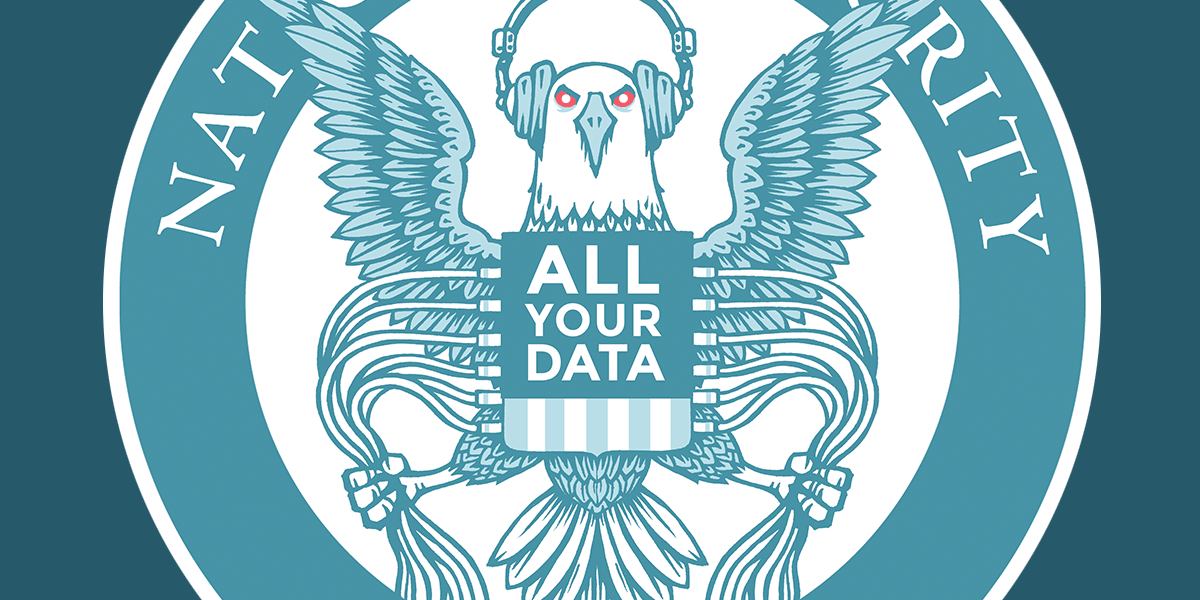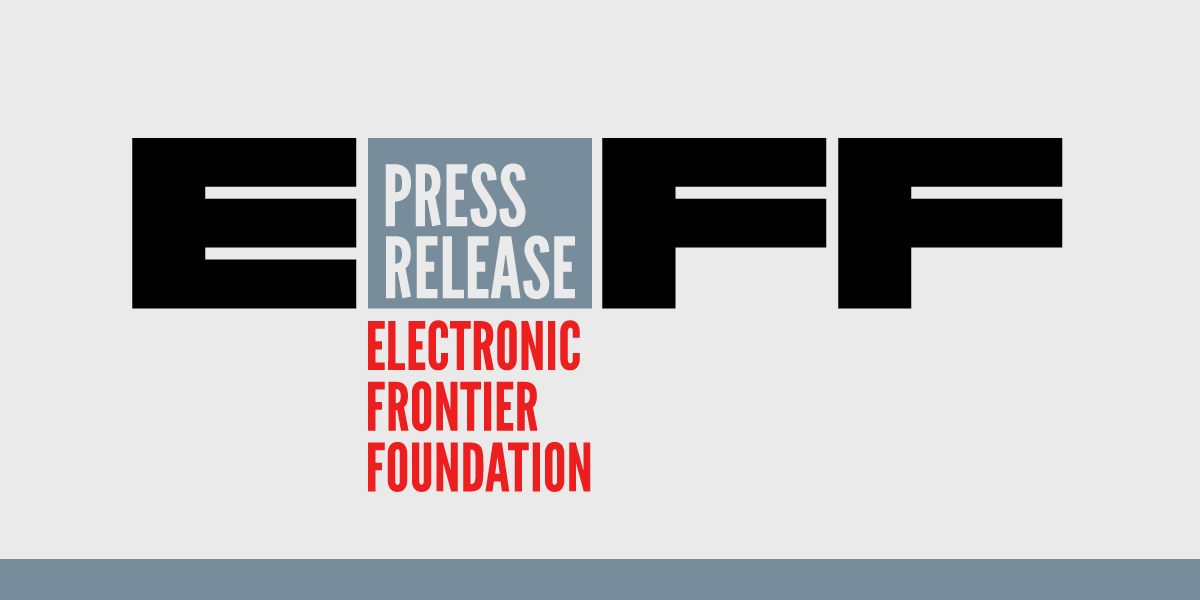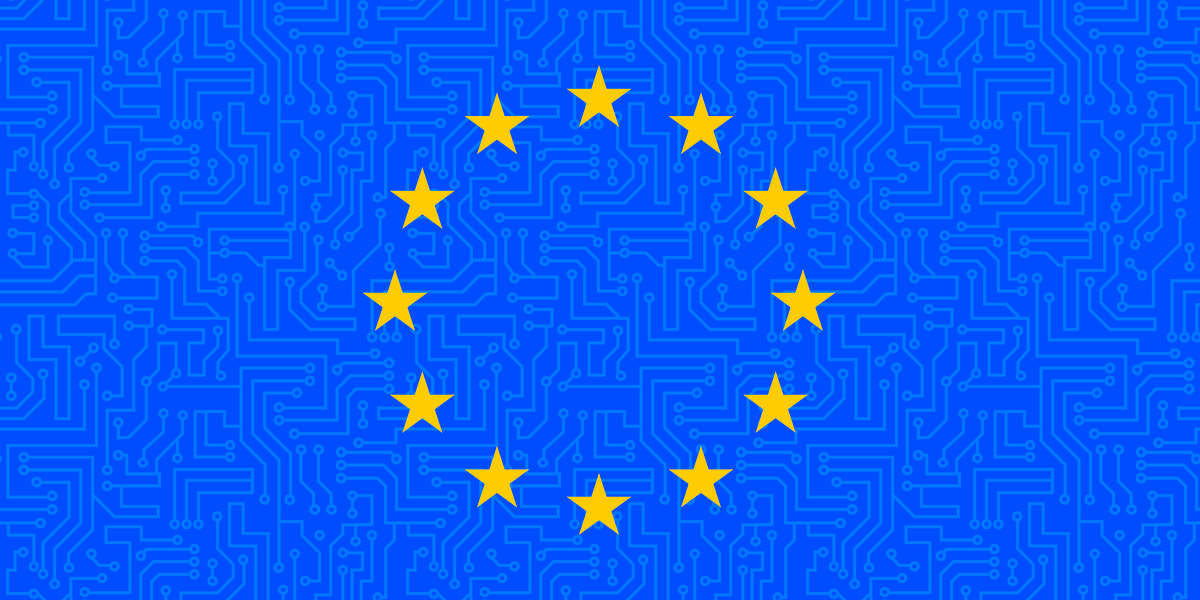Without Interoperability, Apple Customers Will Never Be Secure
Every internet user should have the ability to privately communicate with the people that matter to them, in a secure fashion, using the tools and protocols of their choosing. Apple’s iMessage offers end-to-end encrypted messaging for its customers, but only if those customers want to talk to someone who also has an Apple product. When […]
Continue Reading








